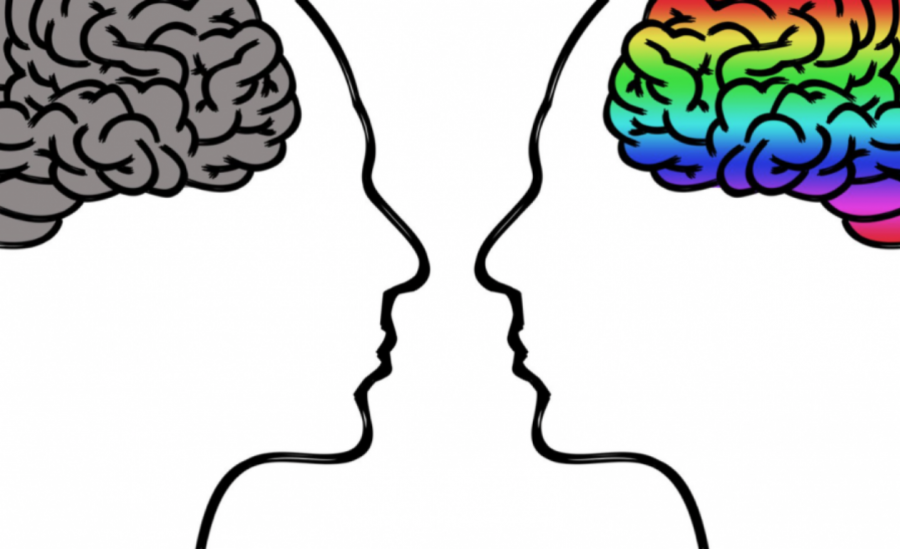The Reality of Concussions
March 5, 2021
Concussions are no joke. They’re not something to be dismissed as a bump to the head. When you have a concussion, you don’t feel like the same person.
And unfortunately for me, I haven’t felt the same ever since I recovered—if you could call it that—from my concussions.
One day in 8th grade, my friend was wrestling around and ran me into a wall, accidentally. I hit my head and lost consciousness. It felt terrible, but I didn’t think much of it. I didn’t know much about concussions; I didn’t even know it was possible to get one from just hitting your head on a wall as I did.
I convinced myself that I was fine, but the days after were miserable. I had never-ending headaches that felt like I was hit in the head with a metal baseball bat.
I couldn’t take it anymore. Soon after, a doctor confirmed that I had a concussion and that I likely had a smaller one earlier that year when I was swimming.
Due to lack of media coverage, concussions were often only associated with professional sports. While it is surprising to most, the numbers show that concussions aren’t reserved for professional athletes.
About 15% of high school students have had a concussion in the last year, according to the Centers for Disease Control. That number is double for students who play on three or more teams.
I spent two months of my life recovering in my bed, in the pitch-black, wearing earplugs, because the sound of my parent’s voices echoing from downstairs was too much for me. I could not leave my room.
I thought people would be supportive, but they all thought I was lying. No one believed me; teachers were even suspicious. I tried to ignore the rumors that I was exaggerating to avoid school.
Though the thought of going back to school increased my anxiety, making me feel like I was going to throw up all the time, I eventually gave in to the pressure to return.
When I went back, my teachers wouldn’t let the missing work slide, so my grades slipped to F’s. I had already missed too much school. I was still in pain, but I just didn’t tell anyone.
A couple of months later, I still had headaches. I saw more doctors than I had ever seen in my entire life. I met with multiple neurologists, eye doctors, and physical therapists. Nothing could get rid of my headaches.
I was finally diagnosed with migraines that I was told wouldn’t go away, unless I took medication. To this day, I still take medication both morning and night because I get a migraine every single day.
Sadly, I got another concussion two years later during my sophomore year. Luckily, the increased attention about concussions in the media meant people were more understanding.
The concussion this time hurt less but the damage was much worse. Again my grades slipped. I was still managing my pain but trying to do all of my school work.
After this concussion, I am technically not allowed to play volleyball or other sports. If I get another hit to the head, I am more likely to have long-term cognitive impairment.
Concussions aren’t just a problem during the time you experience symptoms, they are a lingering struggle I face every day. I haven’t been the same person since my first concussion. My concussions have defined the person that I am today—personally, physically, and academically.







